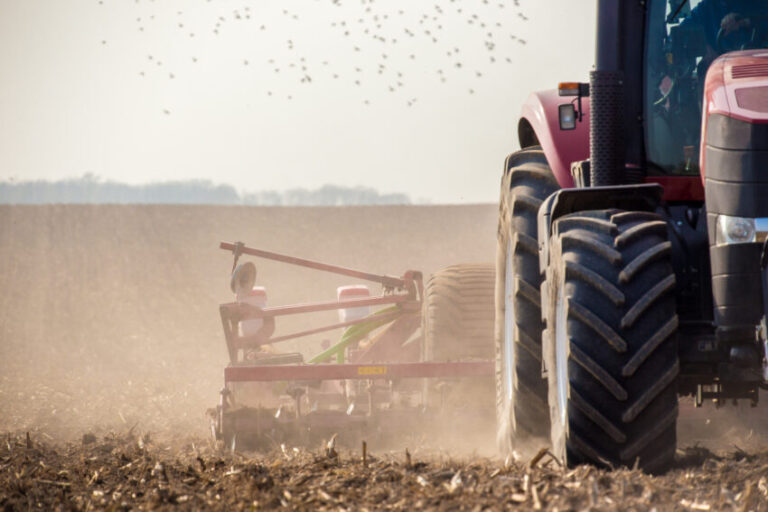[ad_1]
The world must brace itself for an economic slowdown, a burst in inflation and a potential wave of social unrest as energy and food prices rise to intolerable levels, the International Monetary Fund (IMF) has warned in its first assessment of the impact of the Russia-Ukraine war.
The IMF said that Ukraine’s economy would contract by more than a third – the largest such fall in modern times.
It said the Russian economy will face its biggest recession since the aftermath of the fall of the Soviet Union, contracting by 8.5% this year amid sanctions from Europe and the US. The fund also slashed its forecast for economic output in almost all countries.
“The economic effects of the war are spreading far and wide – like seismic waves that emanate from the epicentre of an earthquake,” said Pierre-Olivier Gourinchas, the IMF’s recently-appointed chief economist.
“In the matter of a few weeks, the world has yet again experienced a major, transformative shock. Just as a durable recovery from the pandemic-induced global economic collapse appeared in sight, the war has created the very real prospect that a large part of the recent gains will be erased.
“The long list of challenges calls for commensurate and concerted policy actions at the national and multilateral levels to prevent even worse outcomes and improve economic prospects for all.”
The IMF cut its forecast for global growth this year from 4.4% to 3.6%.
The UK’s economy also faced a one percentage point cut in its growth forecast this year. It is slated to grow by 3.7% this year and 1.2% next year.
Germany and Italy, both of which have more direct links with the Russian and Ukrainian economies, have had their growth forecasts cut by 1.7 and 1.5 percentage points respectively.
The fund also sharply increased its forecast for inflation across most economies. It said it expects the consumer price index to rise to average 7.4% in the UK and 7.7% in the US this year. These are both multi-decade highs.
And the IMF warned that this could create its own chain reaction, saying: “There is a rising risk that inflation expectations become de-anchored, prompting a more aggressive tightening response from central banks.”
The fund, which is about to begin its spring meetings in Washington DC, added that with food and energy prices so elevated, there was now a significant risk of social unrest across many countries where those prices represent a high proportion of household spending.
“The war in Ukraine has increased the probability of wider social tensions in the near term through two main channels,” it said.
“The first is a further sharp rise in global fuel and food prices-a particular concern in emerging market and developing economies with limited fiscal space that are highly dependent on energy and food imports for basic consumption.
“This could intensify commodity hoarding, export controls, and domestic restrictions-with further knock-on effects on supply disruptions, prices, and social unrest.
“The second is the longer-term impact of the humanitarian crisis.”
[ad_2]
Source link























0 Comments